A roundtable meeting marked the official launch of the FAO–Uzbekistan Country Programming Framework (CPF), covering the period 2021–2025 and giving impetus and further guidance to their partnership.
In line with national sustainability priorities, FAO signed up to support the Government in implementing the 2030 Agenda and help Uzbekistan achieve sustainable food systems along the entire agrifood value chain.
The framework agreement foresees the transformation of the production, aggregation, processing, distribution, consumption, and disposal of food products originating from agriculture, forestry, and fisheries towards more sustainability, taking into consideration the wider economic, social, and natural environment. The total resource budget for implementation of the CPF is expected to be approximately USD 17 million.
At the event, Viorel Gutu, FAO Subregional Coordinator and Representative in Uzbekistan, and Sherzod Umarov, Assistant FAO Representative in Uzbekistan, presented the planned programmes and activities to national and international partners to discuss future cooperation opportunities. Representatives of the office of UN Resident Coordinator in Uzbekistan as well as of relevant ministries, state committees, and international organizations, participated.
The FAO Country Programming Framework aims to support the Government transforming Uzbek food systems, as foreseen in the national priorities. In line with the country’s Sustainable Development Goals (SDG) priorities, Uzbekistan will receive assistance to implement the 2030 Agenda and ensure sustainability along the entire agrifood value chain.
One of the strategic priorities is inclusive human capital development leading to improved health, well-being, and resilient prosperity. By 2025, youth, women and vulnerable groups are expected to benefit from better access to livelihoods, decent work, and expanded opportunities generated by inclusive and equitable economic growth.
Another goal is sustainable, climate-responsible, and resilient development. According to the expected outcomes, in five years the most at-risk regions and communities of Uzbekistan will become more resilient to climate change and disasters and will benefit from increasingly sustainable and gender-sensitive efficient management of natural resources and infrastructure, robust climate action, and inclusive environmental governance and protection.
“This year marks the 20-year anniversary of Uzbekistan joining FAO,” noted Vladimir Rakhmanin, FAO Assistant Director-General and Regional Representative for Europe and Central Asia. “In this period, our partnership grew continuously and culminated in the very successful 2020 Regional Conference for Europe and Central Asia, hosted and chaired by Uzbekistan. We look forward to keep this going in the years to come.”
In 2021, during an official visit of the delegation of Uzbekistan’s Ministry of Agriculture to Budapest, Hungary, Minister of Agriculture Jamshid Khodjayev met with Vladimir Rakhmanin and Viorel Gutu. Both sides expressed their wish to strengthen further cooperation and discussed priority areas of cooperation.
Along with the launch of the new framework accord, the Ministry of Agriculture of Uzbekistan and FAO agreed on new projects in areas including the recovery and development of the potato sector in response to COVID-19, sustainable food systems through geographical indications, rice production, and inclusive agricultural policies, agriculture digitalization. New projects with a total budget of almost 1 million USD are planned to be implemented for the next two years.
Uzbekistan joined FAO in 2001 and the FAO Representation in Uzbekistan was founded in 2014.

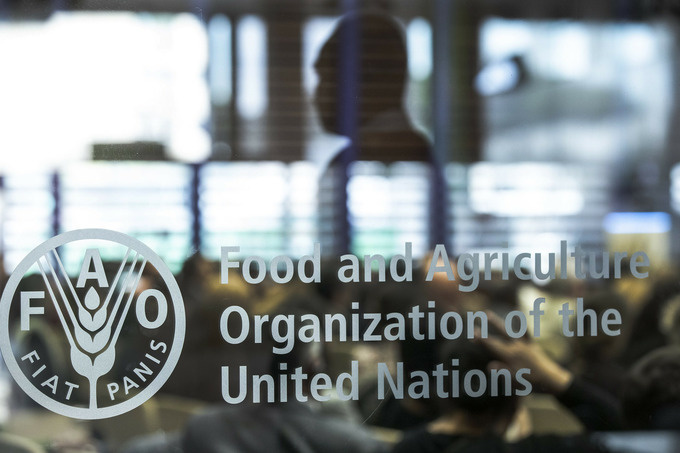

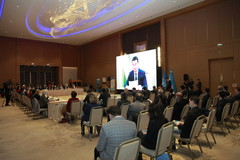
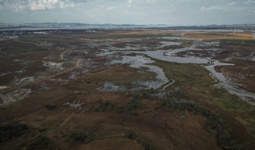
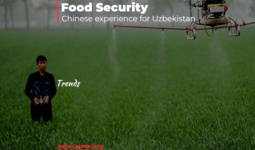

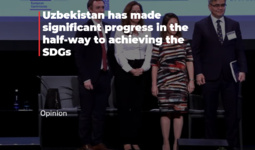
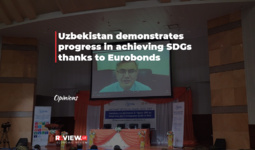
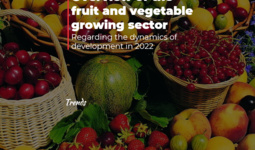













leave a comment